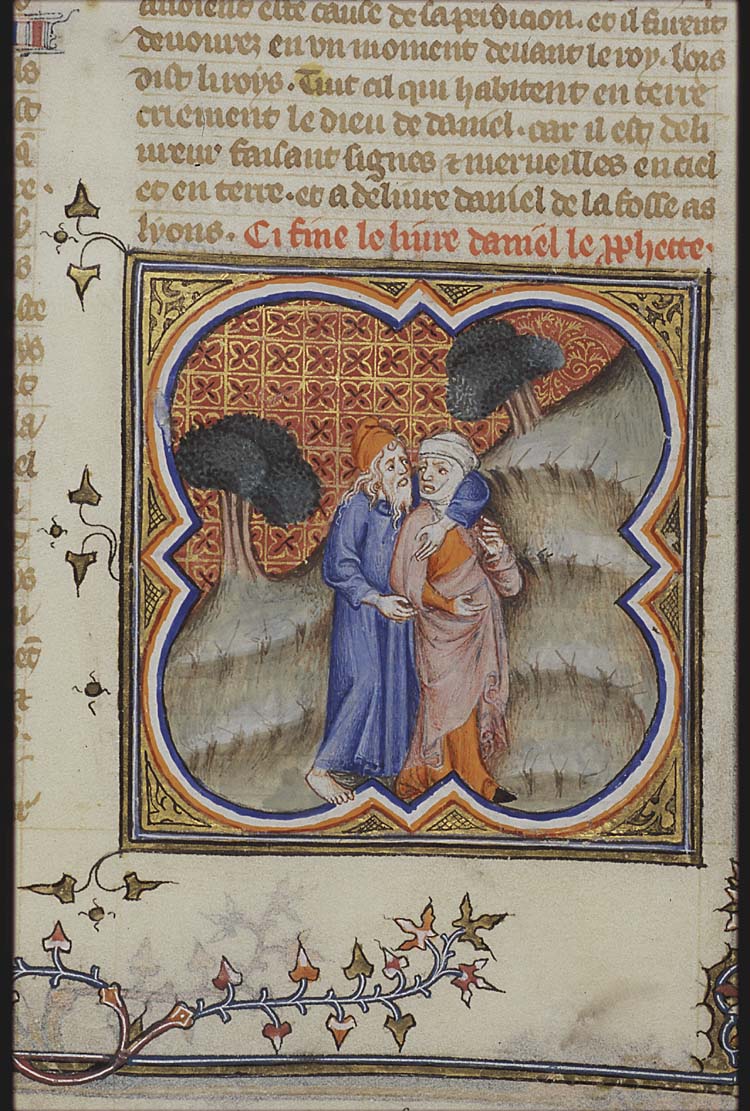I kick myself when I remember this conversation. How did I not explode with the loud truth that all violence is harmful, and that there is never a good place for violence between adults in a loving relationship?
So today I say it, and I write it. There is simply no legitimation for violence against a spouse or loved one.
And I have to pick up some pieces of the Bible and deconstruct them. Because there you will find what is apparently a legitimation for domestic violence – at least in metaphorical terms.
The prophet Hosea and his “wife” Gomer.
Hosea 1:2-8.
When the LORD first spoke through Hosea, the LORD said to Hosea, “Go, take for yourself a wife of whoredom and have children of whoredom, for the land commits great whoredom by forsaking the LORD.” So he went and took Gomer daughter of Diblaim, and she conceived and bore him a son.

The two of them go on to have children and to name them all kinds of prophetic names (“not pitied,” and “not my people” among them). In case this doesn’t tip you off that it’s a STORY and not a reality, I have good word from real Biblical scholars that “Gomer” is in no ways a woman’s name. It’s a man’s name, and “she” stands here for the nation of Israel (in the same way that her children do).
2:2-3
Plead with your mother, plead--
for she is not my wife,
and I am not her husband--
that she put away her whoring from her face,
and her adultery from between her breasts,
or I will strip her naked
and expose her as in the day she was born,
and make her like a wilderness,
and turn her into a parched land,
and kill her with thirst.
2:5b-6.
For she said, “I will go after my lovers;
they give me my bread and my water,
my wool and my flax, my oil and my drink.”
Therefore I will hedge up her way with thorns;
and I will build a wall against her,
so that she cannot find her paths.
The plot thickens. “She” is unfaithful. She loves the “lovers” (or foreign trading partners) who provide her with food. God proposes some wilderness solutions, to the point of starving her in the desert. These are interesting. They have real connotations of real economic situations – are the people of Israel remembering the God who fed them manna in the wilderness, or are they relying on the deceptive abundance of other kings?
No matter how we take the metaphor, it all looks like a nice case for the therapeutic values of violence. The [prophet’s wife / God’s people] is unfaithful to [the prophet/God], and so [the prophet / God] remedies the solution by making her suffer until she repents. Someone could try to preach it straight up: we are bad, so God will make us suffer until we repent. I’ll take that back. People DO preach that. Preachers legitimate suffering and violence all over the place. They call this a story of unconditional love, and say that the line “kill her with thirst” is spoken in love. They say that the sinful person must be loved back into obedience, through violent “tough love” and plenty of suffering.
You cannot preach this story without legitimating violence. So we must preach against it. We must tell people that this is horrific. That’s one of the problem with the detached, ungrounded way we read Scripture. We don’t even realize when it’s terrible, and we accidentally swallow a legitimation of violence. We read it all in “stained glass language” and couldn’t possibly hear it as sarcastic, or biting, or ironic. We’re blind to the harsher aspects of the text – and so we unwittingly accept the unacceptable.
Prophets speak from a place of desperation and urgency. The stakes are so high that they try to scare people into doing what is right. Sometimes this works. But even if it does, when it has costs as high as this we must not read such prophecy as sacred. It is indeed the story of God’s people struggling together with God and God’s prophets – but God is not the abuser, and violence is never okay.
No comments:
Post a Comment